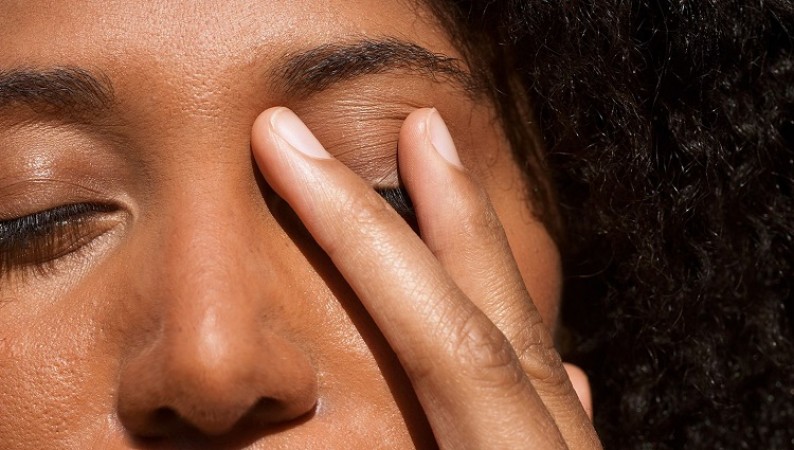
Your eyes are not only the windows to your soul but also sensitive indicators of your overall health. Itchy eyes, while a common annoyance, can be symptomatic of various underlying causes, leaving individuals seeking relief and understanding. Primarily linked to allergies, itchy eyes can disrupt daily life, impacting productivity and comfort. Let's delve deeper into the causes, symptoms, and remedies for this pesky condition.
Causes of Itchy Eyes:
The most frequent culprit behind itchy eyes is an allergic reaction. Seasonal allergies, triggered by exposure to pollen from trees, grass, or weeds, can provoke eye irritation. Additionally, household allergens such as dust mites, mold, and pet dander may lead to itchy eyes. Sometimes, chemicals present in makeup, skincare products, or even certain eye drops might cause allergic reactions, resulting in eye discomfort.
Symptoms of Itchy Eyes:
Itchy eyes often present with a range of symptoms, which may include:
Redness: Blood vessels in the eyes dilate due to irritation, causing redness.
Tearing: Excessive tearing is a common response to alleviate irritation.
Burning or Stinging Sensation: Eyes might feel like they are burning or stinging.
Swelling: Eyelids may become swollen due to the body's reaction to the allergen.
Blurry Vision: Temporary blurriness might occur due to excessive tearing or irritation.
Remedies for Itchy Eyes:
Managing itchy eyes involves a multi-faceted approach. Consider these strategies to find relief:
Avoid Allergens: Identify and minimize exposure to known allergens like pollen, dust, or pet dander.
Eye Drops: Over-the-counter antihistamine or lubricating eye drops can provide temporary relief by soothing irritation.
Cold Compress: Applying a cold compress over closed eyes can alleviate swelling and reduce itchiness.
Proper Hygiene: Cleanse your face, particularly around the eyes, to remove potential allergens. Be cautious with makeup and skincare products, choosing hypoallergenic options where possible.
Consult a Professional: In persistent or severe cases, seek advice from an eye specialist or allergist. They can identify triggers and recommend specific treatments or medications tailored to your needs.
Preventive Measures:
While it might not be possible to completely eliminate allergens from your environment, adopting certain preventive measures can significantly reduce the frequency and severity of itchy eyes:
Regular Cleaning: Keep living spaces clean by dusting, vacuuming, and using air purifiers to minimize airborne allergens.
Limit Outdoor Exposure: Check pollen forecasts and try to stay indoors during peak pollen times. If venturing outside, wear sunglasses to shield your eyes.
Pet Care: Bathe pets regularly and designate specific areas within the home to minimize allergen spread.
Allergy Testing: Consider undergoing allergy tests to pinpoint specific triggers, enabling better avoidance strategies.
Itchy eyes, primarily stemming from allergic reactions, can disrupt daily life and cause discomfort. Understanding the triggers, adopting preventive measures, and seeking appropriate remedies can significantly alleviate symptoms and improve overall eye health. However, for persistent or severe cases, consulting a healthcare professional remains crucial to identify underlying causes and receive tailored treatment.
Nurturing Winter Health: 5 Immunity-Boosting Drinks for a Healthy and Vibrant Season
Are You Struggling with Sweet Cravings? Here's How to Tackle Them